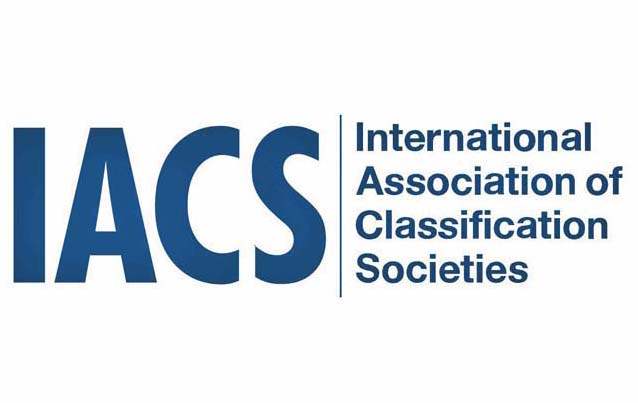The 89th session of the Council of the International Association of Classification Societies (IACS), held recently in Rome under new Council Chair, Roberto Cazzulo, progressed a wide range of issues, foremost of which was the need for human element considerations to be taken into account at the earliest stage across all IACS’ work streams.
The requirement for increased awareness and focus on how a ship’s crew can safely operate increasingly sophisticated vessels – the human element (HE) – has led IACS to develop internal guidelines to address this need in a structured and consistent manner.
C89 was informed that more than 150 IACS technical experts had received training related to the fundamentals of Human Element Impact Assessment in the maritime sector. This course was developed by IACS Members’ HE experts who captured assumptions about modern ship and operating company operating context, including current trends of system complexity plus remote surveys and automation. C89 agreed to develop this work into a High-Level Position Paper to promote an understanding of these matters by Industry/regulators and ensure that safety concerns related to the HE are fully considered in the development of new technology. Recognising the importance of collaborating with external parties on this issue, C89 welcomed initial discussions with the Human Element Industry Group (HEIG) regarding the formation of an appropriate platform for collaboration with the industry.
The rapid deployment of new technologies into the maritime sector led IACS to establish its Safe Digital Transformation Panel in December 2023. Council was appraised of the work that has been initiated in the last six months across areas such as complex systems, data quality and safety management for MASS and conceptualising the scope of IACS’ engagement with regard to digitalised data. The establishment of project teams to develop recommendations on ship data quality and cyber security controls for ships-in-service was also welcomed.
C89 recognised the progress being made on safe decarbonisation with five Unified Requirements under development on:
- approval of lithium batteries,
- materials for hydrogen,
- ammonia treatment systems,
- carbon capture, and
- fire-fighting systems for methanol.
IACS’ Council was advised of a new workstream on nuclear power and the establishment of a Joint Industry Working Group on Safe Decarbonisation together with an update on work with the Singapore MPA on gas dispersion simulation.
The evolution of IACS’ Common Structural Rules was discussed and C89 noted the extensive consultation with Industry taking place throughout 2024 (with further meetings planned for early October and at Tripartite), which is enabling IACS to address any concerns and deliver proposals that meet not only IACS’ aims as a technical organisation, but the industry’s common goals of safer and cleaner shipping.
IACS Council Chair, Roberto Cazzulo said: “C89 held intensive discussions across a wide range of issues that will determine the shape of the industry for years to come. Ensuring the centrality of the role of the human element in those discussions substantially reinforces our commitment to delivering a safe digital and decarbonisation transformation”



